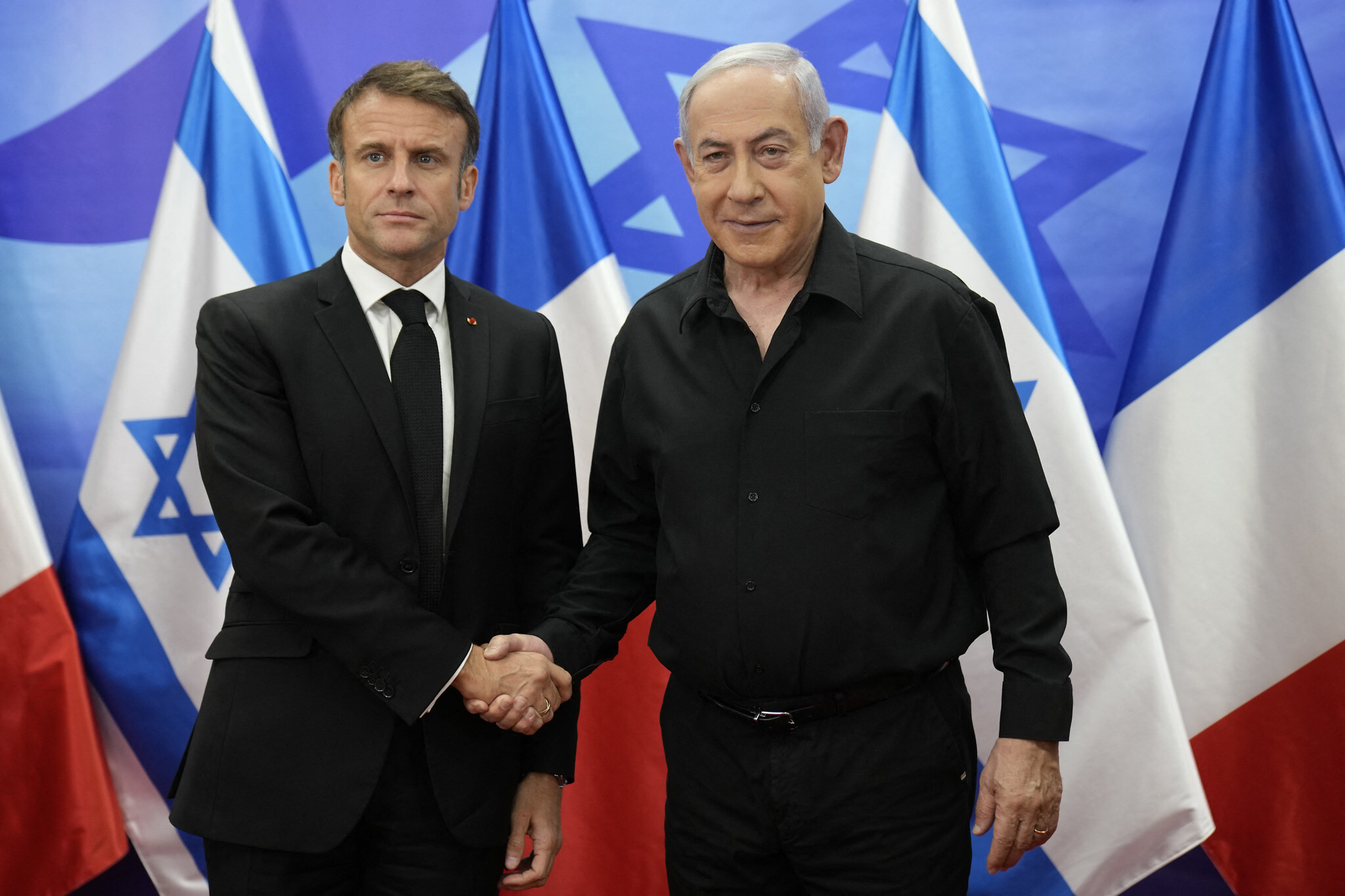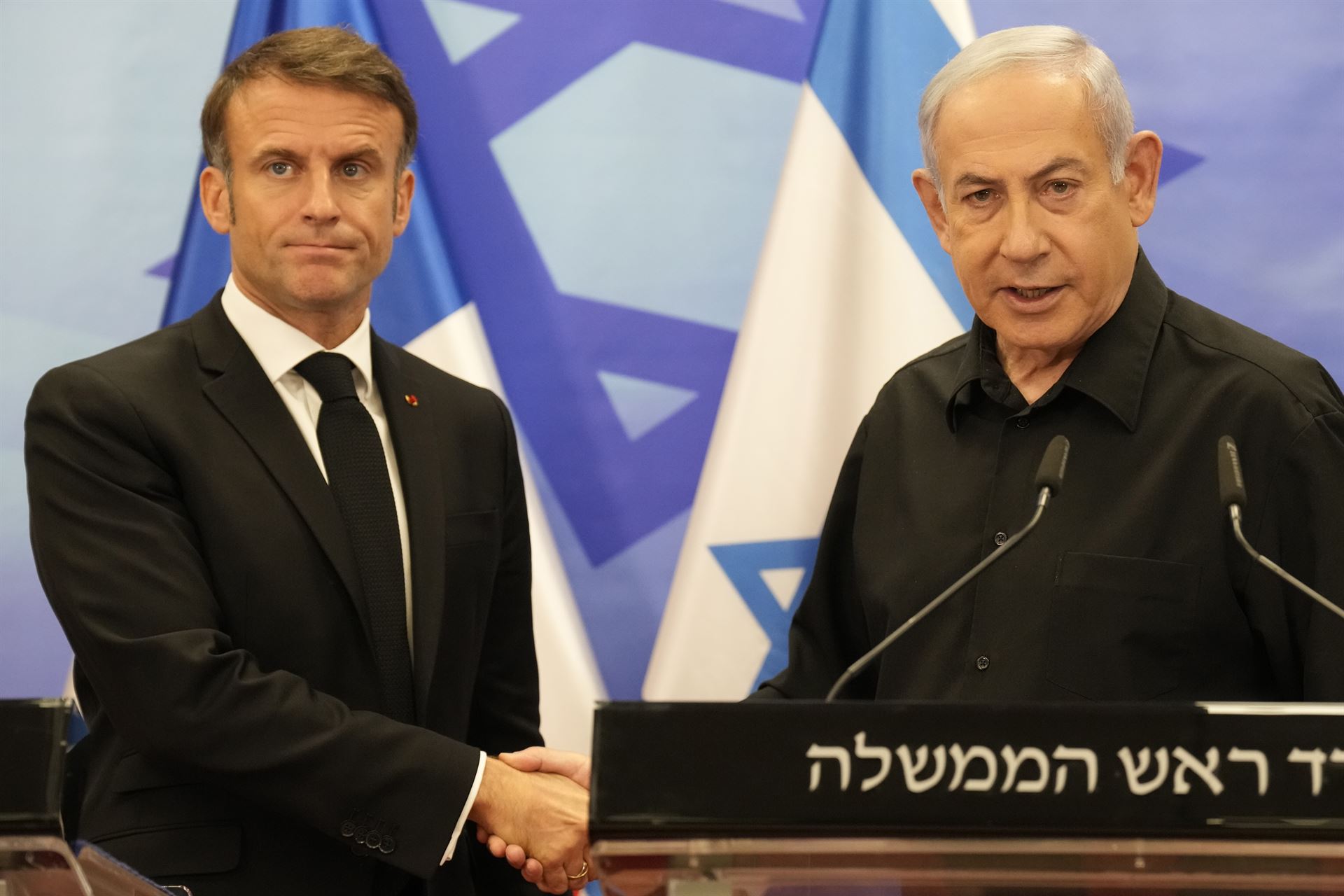Israeli Prime Minister Benjamin Netanyahu expressed strong discontent with French President Emmanuel Macron’s assertion that Israel was established through a decision by the United Nations. Macron made these comments during a cabinet meeting, referencing the UN General Assembly’s 1947 resolution to partition British Palestine into separate Jewish and Arab states.
He emphasized that Netanyahu should keep this historical context in mind, suggesting that it was inappropriate to disregard UN decisions, especially amid ongoing conflicts involving Israel and its neighbors.
In response, Netanyahu clarified that Israel’s founding was rooted not in a UN resolution but in the victories achieved during its War of Independence. He highlighted the significant sacrifices made by Israeli fighters, including many Holocaust survivors, asserting that Israel accepted the UN partition plan, while the Palestinian side rejected it.
This led to immediate conflict following Israel’s declaration of independence on May 14, 1948. Netanyahu’s statement served to reinforce the narrative of Israel’s historical struggle and military achievements against adversity.

Netanyahu Challenges Macron’s View on Israel’s UN Origins Amid Rising Tensions and Calls for Arms Embargo
During this exchange, Macron also advocated for an arms embargo on Gaza and Lebanon, aiming to create conditions for a cease-fire amid escalating tensions between Israel and Hamas, as well as confrontations with Hezbollah.
This call came in the wake of Hamas’s unprovoked attack on Israel on October 7, 2023, which prompted a strong military response from Israel. Macron’s emphasis on halting arms supplies reflects a broader concern for stability in the region, which is increasingly volatile due to ongoing hostilities.
Netanyahu condemned the push for an arms embargo as hypocritical, arguing that countries opposing Iranian influence and its proxies were instead targeting Israel for restrictions.
He labeled this stance a “disgrace,” asserting that Israel would prevail regardless of international support, while the shame associated with this diplomatic position would linger well beyond the resolution of the conflict. This rhetoric underscored Netanyahu’s commitment to Israeli sovereignty and military strength amid external pressures.
The exchange between Netanyahu and Macron highlights the complexities surrounding the Israel-Palestine conflict. Macron’s announcement that France would cease supplying arms to Israel while continuing to provide missile defense systems indicates a significant shift in France’s position on military aid during this tense period.
Macron’s focus on returning to a political solution further underscores the differing priorities between France and Israel, reflecting the challenges faced by leaders in addressing the multifaceted nature of the ongoing violence and regional instability.











































